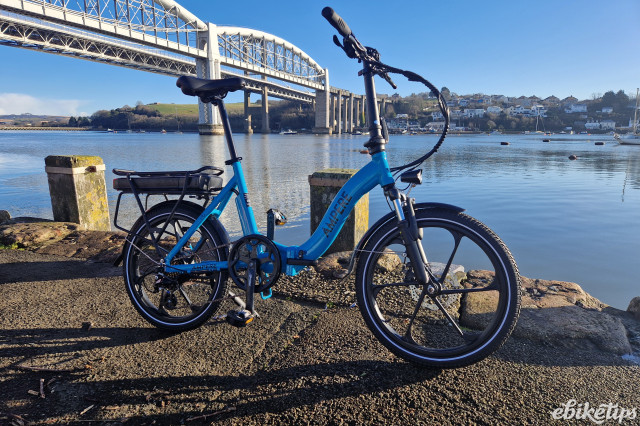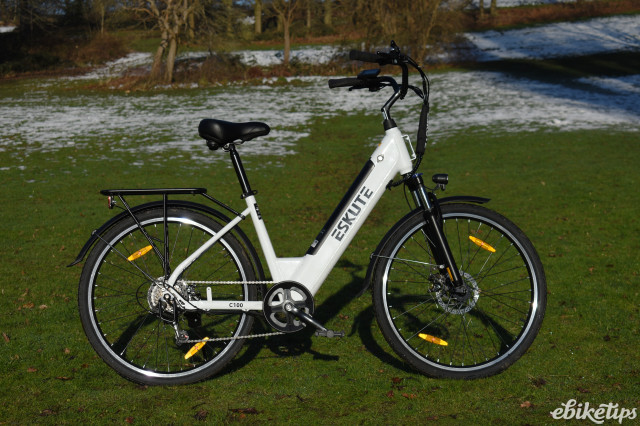British e-scooter brand Swifty Scooters has introduced the UK’s first road-legal electric scooter that can be ridden on a provisional licence. The Swifty Go GT500 has been released in response to the slow legislative progress on e-scooter regulation.
Despite their popularity and potential for reducing urban congestion and emissions, e-scooters have maintained a murky legal status. While vehicles that are part of share scheme trials can legally be ridden on public roads, their privately owned counterparts cannot.
The introduction of the Swifty Go GT500 coincides with ongoing discussions and criticisms of the UK government's hesitant approach to e-scooter legislation. Despite initial steps toward integrating e-scooters into the UK's legal framework, progress has been painfully slow, leaving the industry in a state of limbo.
> Halfords calls on government to introduce e-scooter legislation "as soon as possible"
Manufacturers, dealers, and riders have expressed frustration at the government dragging its heels when it comes to embracing new transport modes. The lack of a clear regulatory framework not only hampers the growth of the e-scooter market but also overlooks the potential environmental benefits of personal electric vehicles.
The Swifty Go GT500 - which is manufactured in the UK - distinguishes itself by adhering to legal standards that qualify it as a moped, making it a legal e-scooter option for UK provisional licence holders.
With a top speed of 24mph and a range of 25 miles, it offers a mix of performance and practicality.
The vehicle is built around a 500W rear hub motor with a 540Wh LFP (Lithium ferrophosphate) battery - cell technology that is recognised for its safety and efficiency.
It features 16-inch wheels and dual suspension, which should give the scooter good stability and ride comfort.
In addition, there are lights and indicators, front and rear pannier racks, and hydraulic disc brakes. The GT500 weighs 34kg and can support a rider weight of up to 120kg.
As a moped, the SwiftyGo will need to be taxed and insured. It will also need to have a number plate and the rider will be required to wear a proper motorcycle helmet.
In addition, this scooter will not be allowed on cycle paths or pavements and can only be used on the road. This may put some potential owners off who may feel vulnerable on such a vehicle in heavier or faster moving traffic.
Despite the regulatory challenges, the SwiftyGo GT500 offers a viable option for those who want an e-scooter but have been put off by their legal status.
While it opens up a new avenue for e-scooter usage in the UK and offers a glimpse into the future of urban mobility, the broader adoption and impact of e-scooters really still hinges on the government's ability to provide a coherent and supportive legal framework. Unfortunately, that seems unlikely to happen any time soon.








